"Conservatism has never been an independent ideology, but rather a reaction to social upheaval: the defense of existing institutions when they come under threat," read a guiding quote from 1956 by Samuel Huntington, setting the tone for the discussion.
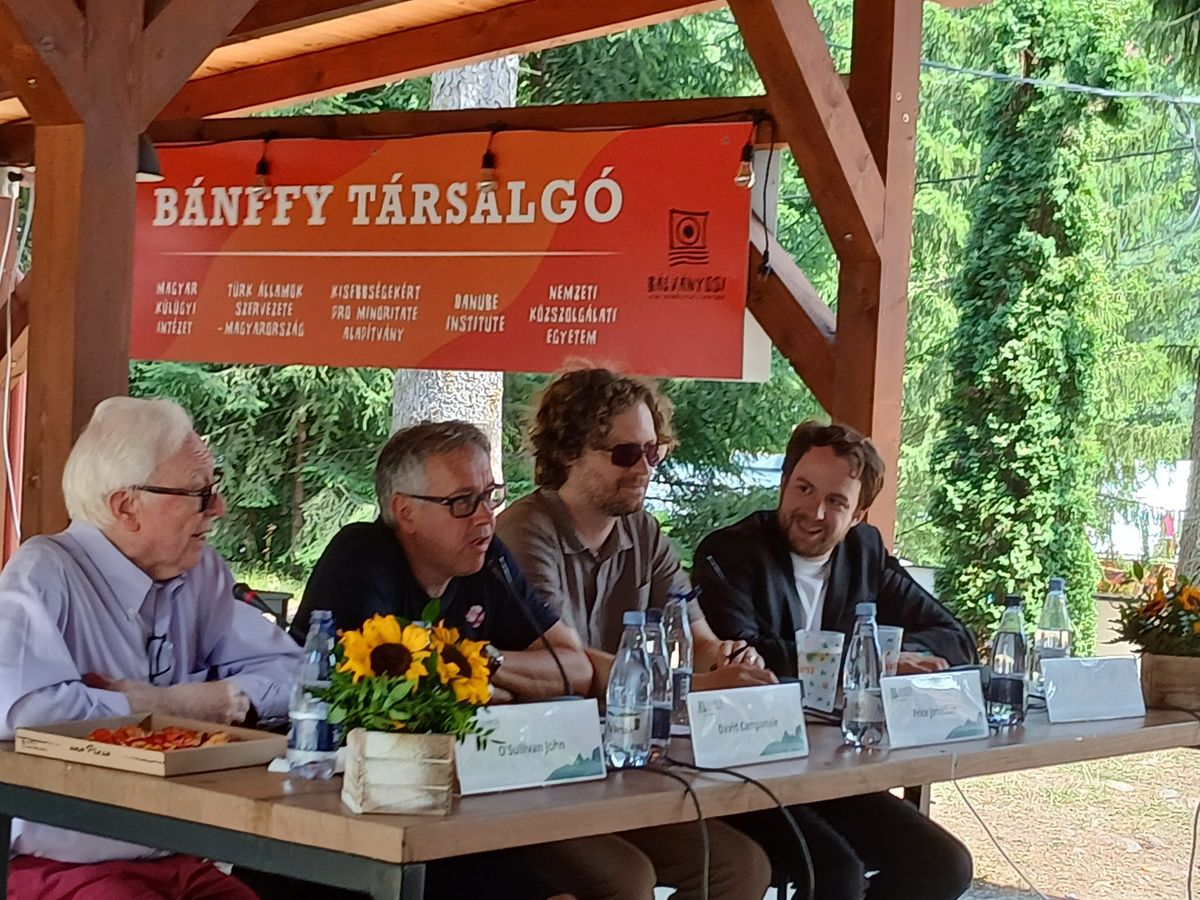
The invited guests — Jonathan Price, visiting fellow at the Danube Institute; David Campanale, co-founder of the Baile Tusnad Summer University; and John O’Sullivan, president of the Danube Institute and moderator of the panel — sought to answer how conservatism can be understood, or interpreted, in the era defined by Donald Trump.
Mr. O’Sullivan raised the question early on: can there even be such a thing as pure conservative thinking, or is conservatism always merely a “brake,” a mechanism meant to slow overly rapid change?
The moderator offered historical examples ranging from Edmund Burke to Roger Scruton.
Jonathan Price emphasized that the core of conservatism still lies in loyalty to “inherited values,” though it is no longer self-evident what is worth preserving.
According to Mr. Price, one of the major contributions of Trump’s presidency was making it clear that conservatives must redefine which institutions truly serve the community and which have become self-serving power structures.
Throughout the discussion, a recurring theme was what, in Trump’s America, is worth preserving, and what, conversely, the Trump movement is actively rebelling against. Mr. O’Sullivan argued that Trump’s success—despite appearing scandalous to many—lies in his ability to act, even now in his second term, as a new “emergency brake” against globalization, the technocratic elite, and the dominance of left-wing cultural ideology.
A central idea from Roger Scruton also featured prominently: that conservatives—including the Trump movement—are not seeking to turn back the clock, but to reform in a way that allows the truly valuable to be preserved.
Mr. O’Sullivan noted that Trump’s slogan, “Make America Great Again,” embodies this very contradiction: it evokes nostalgia for the past while simultaneously demanding radical change in the present.
The panelists agreed that conservatism today must find new answers to the challenges posed by globalization, the technological revolution, and mounting migratory pressure.
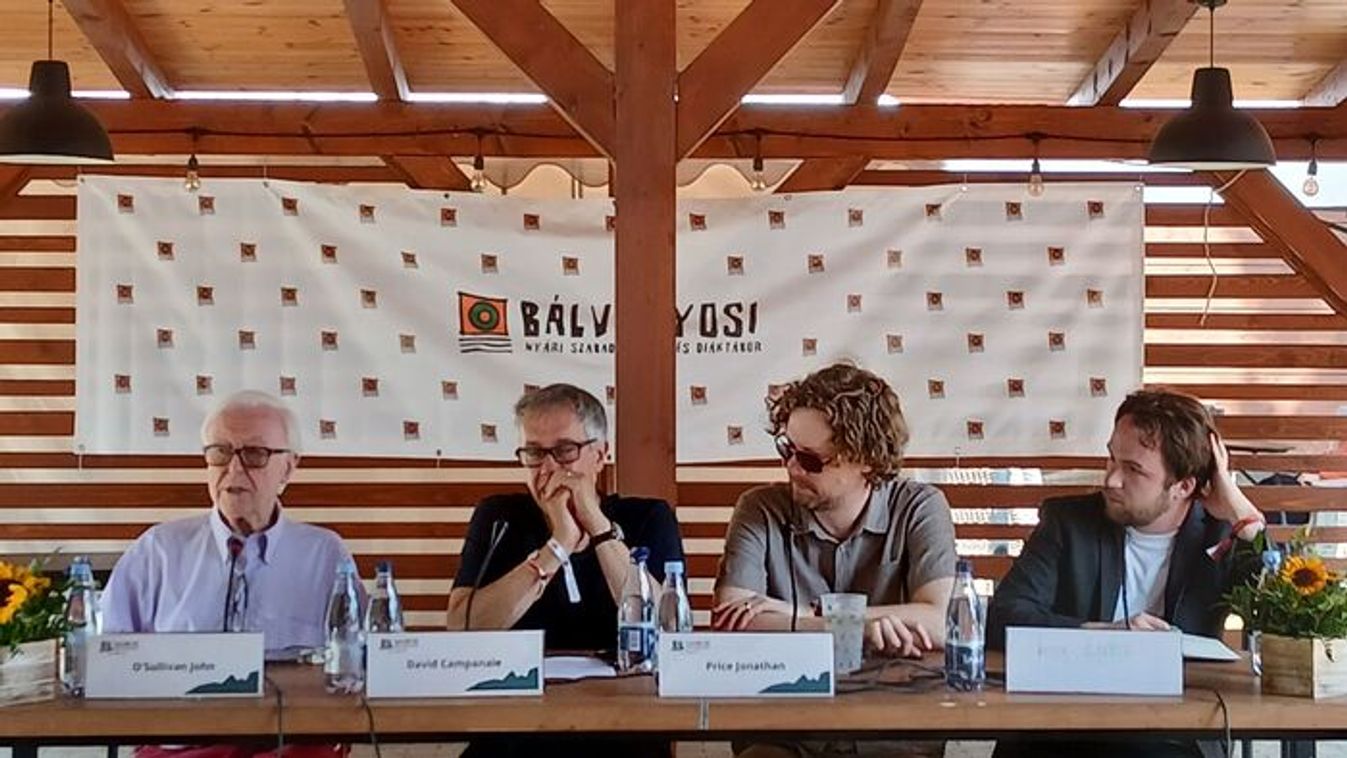
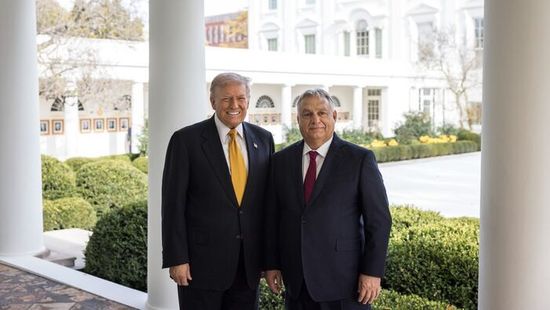
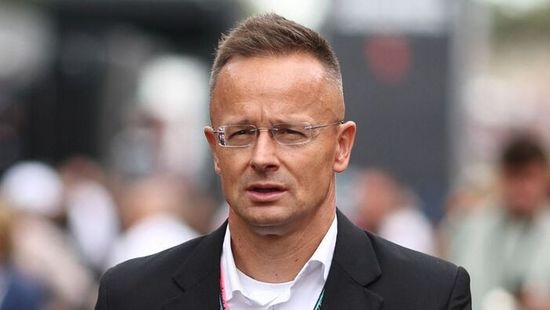
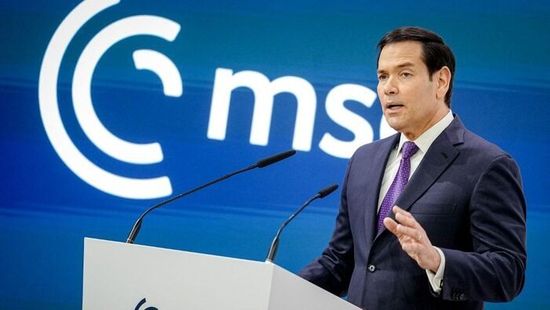



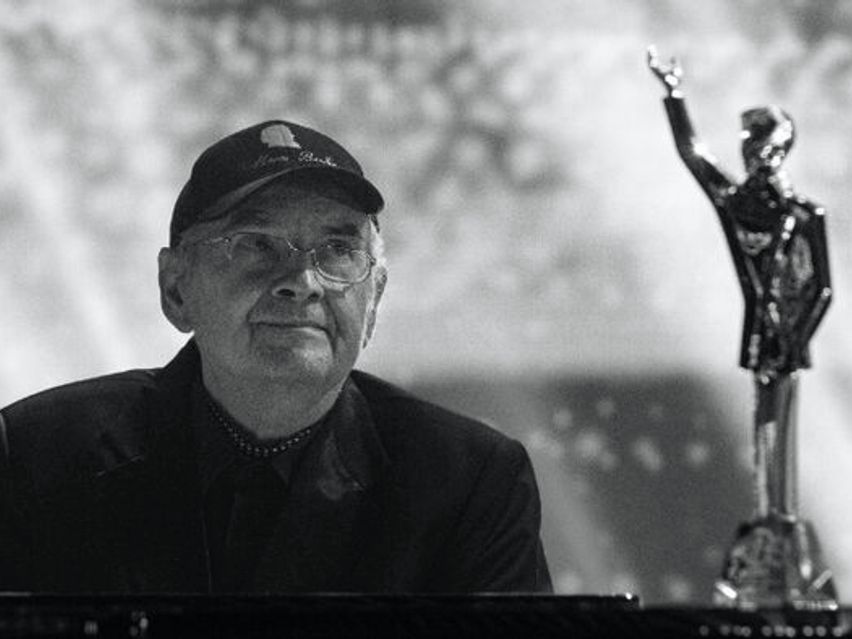

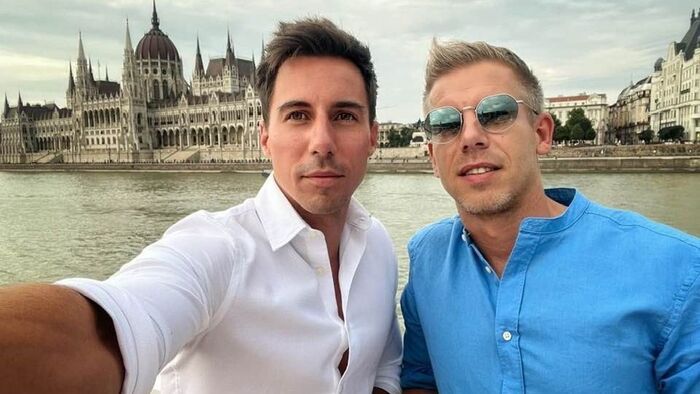

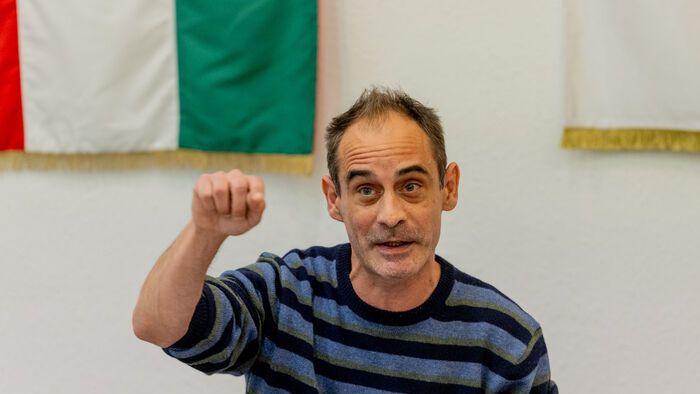

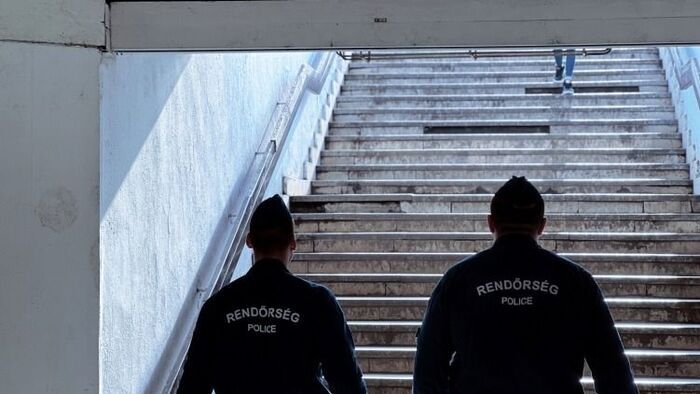

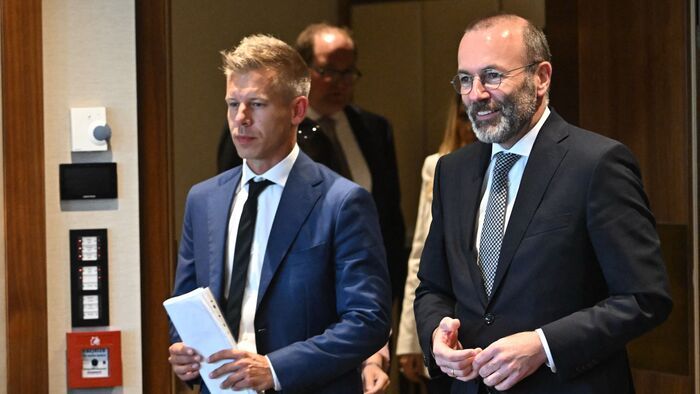
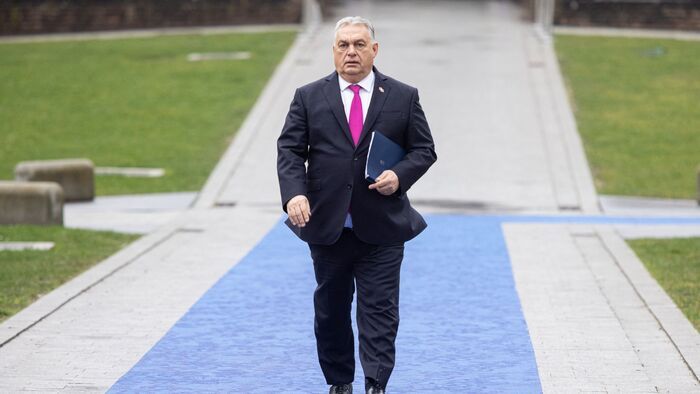
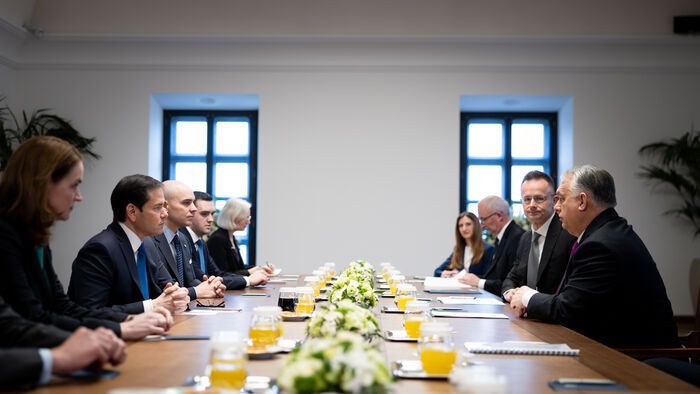

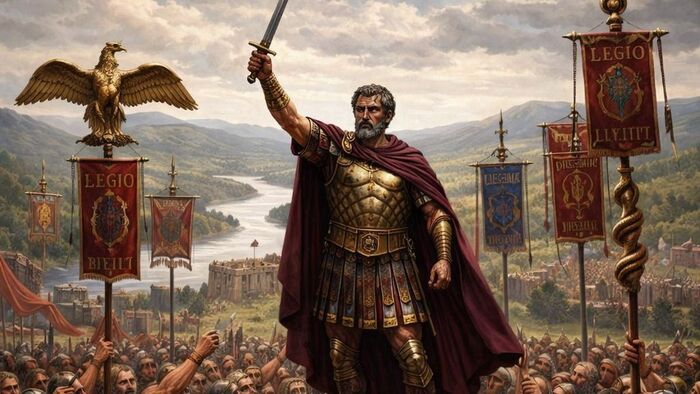



Szóljon hozzá!
Jelenleg csak a hozzászólások egy kis részét látja. Hozzászóláshoz és a további kommentek megtekintéséhez lépjen be, vagy regisztráljon!